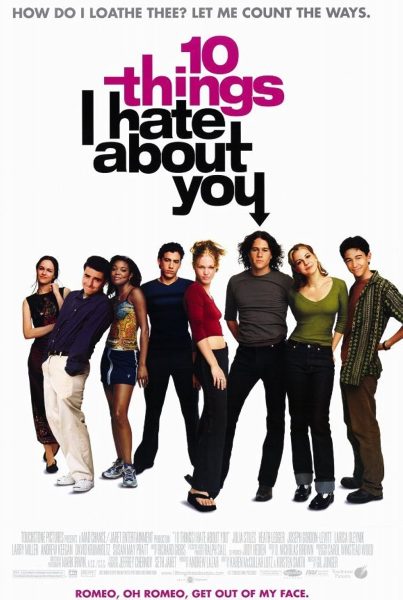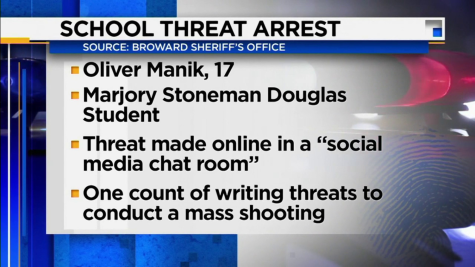Social media: Your best friend or worst enemy
September 28, 2020
We have all heard the phrase “think before you speak,” and it is something that we should consider every day. However, we also need to think before we post, as social media is becoming more and more relevant in our world.
Seventy-nine percent of job recruiters say they will look at a candidate’s online presence before making a decision to hire them for the job. More interestingly, 70% say they have rejected a candidate due to something they saw online.
Just a simple press of the button can be detrimental to your future. This may seem dramatic now, but a couple of years from now when a college admissions representative denies your college application, will it seem so dramatic then?
When you get a call saying you did not get the job, will it seem dramatic?
What you do now affects your future drastically, and social media is only becoming a more problematic temptation for teenagers.
A specific example of a celebrity who got bashed for something they posted on social media is Lily James, the actress who played Cinderella in the original Disney movie.
She went to the premiere of the movie in Tokyo, and she wrote on Instagram, “Shinderera’ premiere in Tokyo. The final stop on tour and it was a beautiful cold night, thank you!”
She received much backlash for mockery of the Japanese pronunciation for Cinderella.
More than 3.8 billion people are on social media. Therefore, if you think your post, tweet, or Snapchat will not be seen, think again.
Before you post anything, it is important to consider the following questions:
Is everyone fully clothed? Are you doing anything illegal in the picture?
Of recruiters who rejected a candidate, 44% were cited drinking or using drugs.
Some more questions to ask yourself include will this come back to haunt me? Am I being kind? Would I want this on the front page of The New York Times?
If you answer no to any of those questions, the best route is not to post it.
Recruiters say that when they check a candidate’s social media, their goal is to get a feel for what that person is like as an individual. Whatever you post should remain authentic yet appropriate.
Consider these platforms as your story. What do you want people to know about you?
Do they really need to know about your breakup? Do they need to know what you are doing every second of every day?
Think about how you want people to see your story, and take into consideration how you are sharing it.
Nicole Carney, the Student Support Services Coordinator, has first-hand experience with students and their social media.
As the Student Government advisor, she has had encounters with students where they have posted inappropriate things on social media. They represented the school in Student Government, but she could not allow them to continue in their position of student leadership.
Carney said she has had to tell several students that she was not going to offer them scholarships because of what she saw on social media and how immature they were acting.
She stated, “I want kids who will act like adults.”
Social media plays an enormous role in our lives, and it will follow us throughout teenage years and into adulthood. Being careful of what we post now is just as important as what we post when we are older and looking for job opportunities.














